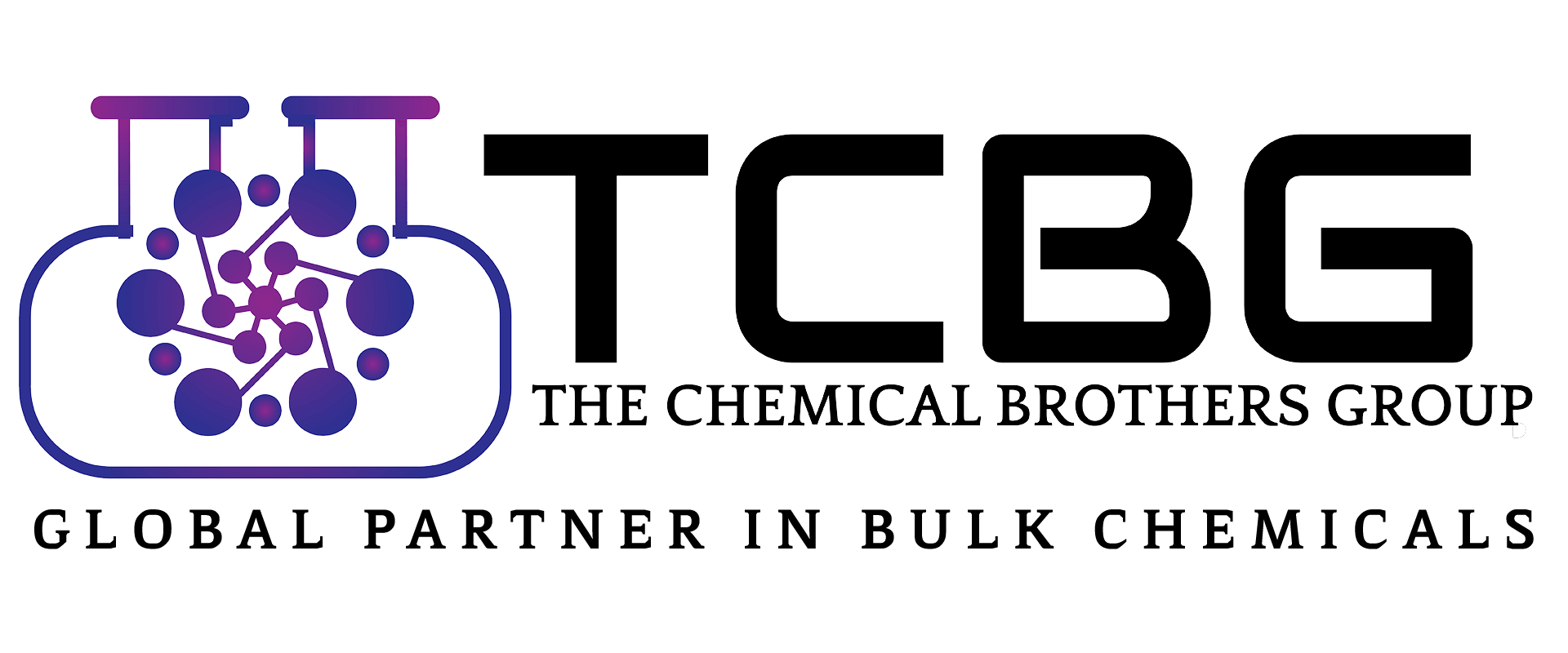Nitric acid (HNO3) is a strong mineral acid
that is commonly used in various industrial, laboratory, and commercial
applications. It is a colorless to yellowish liquid with a pungent odor and is
highly corrosive.
Here are the details of Nitric Acid along with its CAS number:
Chemical formula: HNO3
CAS (Chemical Abstracts Service) number:
7697-37-2
Molecular weight: 63.01 g/mol
Density: 1.51 g/cm3 (concentrated)
Melting point: -42 °C (-44 °F; 231 K)
Boiling point: 83 °C (181 °F; 356 K)
Solubility in water: Miscible (completely
soluble)
Nitric acid is composed of nitrogen, oxygen, and hydrogen atoms. It is produced industrially through the Ostwald process, which involves the oxidation of ammonia (NH3) to nitric oxide (NO), followed by the oxidation of nitric oxide to nitrogen dioxide (NO2), and finally the absorption of nitrogen dioxide in water to form nitric acid.
Here are some common uses of Nitric Acid:
1. Chemical Manufacturing: Nitric acid is used in the production of various chemicals, including fertilizers (such as ammonium nitrate), explosives (such as nitroglycerin and TNT), dyes, pigments, pharmaceuticals, and nylon.
2. Metallurgy: Nitric acid is used in the metallurgical industry for metal etching, surface treatment, and passivation of stainless steel. It is also used in the production of metal nitrates and nitro compounds.
3. Laboratory Use: Nitric acid is commonly used in laboratories for chemical analysis, metal digestion, and synthesis of organic and inorganic compounds. It is a versatile reagent and solvent for various analytical and synthetic chemistry applications.
4. Cleaning and Passivation: Nitric acid is used for cleaning and passivation of metals and alloys to remove rust, scale, and other surface contaminants. It forms a protective oxide layer on the metal surface, which improves corrosion resistance.
5. Rocket Propulsion: Nitric acid is used as an oxidizer in liquid rocket propellants, particularly in combination with hydrazine-based fuels. It provides oxygen for combustion and helps generate thrust in rocket engines.
6. Food Industry: Nitric acid is used in the food industry for the production of food additives, preservatives, and flavor enhancers. It is also used for cleaning and disinfection of food processing equipment and facilities.
Nitric acid is valued for its strong acidity, oxidizing properties, and versatility in various industrial processes. However, it is highly corrosive and can cause severe burns, skin irritation, and respiratory problems if not handled properly. Proper safety precautions, including the use of personal protective equipment, ventilation, and dilution protocols, should be followed when working with nitric acid.
If you need further information or have specific questions, feel free to ask!

.jpg)
